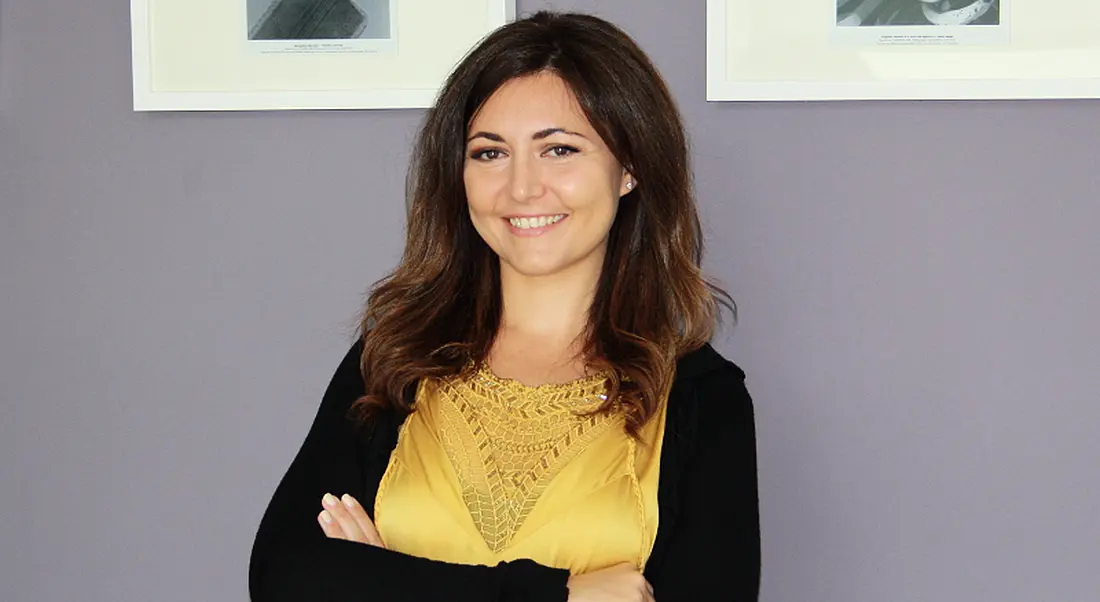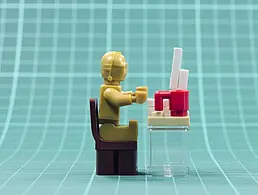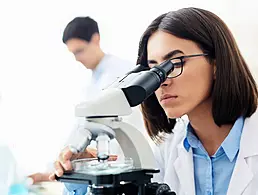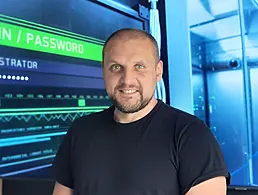The announcement of the imminent release of the female-led Ghostbusters reboot attracted much criticism, based solely on the lead characters’ new genders.
Now that Ghostbusters has been out for nearly a full week, it is even more clear than before that the furore surrounding the all-female team of scientists and paranormal investigators was unwarranted.
To coincide with the movie’s release, we’re talking to real-life female scientists and researchers at work in Ireland. Here, Dr M Daniela Angione, a research fellow at CRANN and AMBER in Trinity College Dublin (TCD), gives us some insight into her daily work.
What is your role within this company?
I’m a Science Foundation Ireland (SFI)-funded research fellow in CRANN and AMBER, and I have recently joined the ASIN group supervised by Prof Georg Duesberg.
If there is such a thing, can you describe a typical day in the job?
When I get into work, my days are very different, one from the other – there’s no such thing as a standard day in the job, which I suppose is part of the fun.
Generally, I schedule ahead the whole week in the lab. It keeps me focused and productive. But there is often a short-notice seminar to attend or a meeting organised at the last minute to discuss experimental results or funding strategies. Also, often experiments in the lab don’t go as expected or the instrument I’m using for characterisation or sensor measurements needs ‘attention’.
Depending on the time of year, there are different priorities, but in my daily schedule I always try to dedicate some time to solid writing, which could be for a publication or a grant proposal.
What types of project do you work on?
My research interests target fundamental understanding and development of novel multifunctional polymeric and carbon-based materials for different applications ranging from organic to electronic/photonic, to biological.
With the SFI/Enterprise Ireland TIDA award that I obtained in 2015, I’ve been focused on the development of a novel electronic diagnostic tool for the rapid detection of viruses versus bacteria at the point of care.
Specifically, what I’m working on at the moment is the development of an electronic chip with an ad hoc tailored polymeric biomaterial as an active layer. The chip is integrated into a sensing platform and employed as a diagnostic tool.
What skills do you use on a daily basis?
Besides the technical skills that I’ve acquired over the years, managerial and organisational capabilities are fundamental. I think prioritising your tasks in a simple way is essential, at the same time keeping the right flexibility for unexpected outcomes.
Also, since I moved to Ireland, I’ve been involved in several commercially driven projects, which required me to develop communications and tech transfer skills for interactions with stakeholders and companies.
Last, but not least, the ability to work under pressure and to develop interpersonal skills for interaction with your peers and colleagues.
What is the hardest part of your working day?
The hardest part of my working day is when I have to deal with rejections, which can happen with a paper you want to publish, or with a grant proposal.
I’ve learned to take these experiences as opportunities and not obstacles. Also, I always learn something new about myself when something like that happens and, after letting off steam from the initial disappointment, I feel more motivated, with my mind more focused on my goals.
Do you have any productivity tips that help you through the working day?
For my productivity, being well organised is very important – having a schedule and sticking to it is definitely a useful approach.
Sometimes, though, especially when an experiment goes wrong in the lab, I find it refreshing just having a break, keeping a little distance from my experiment and trying to find another perspective. Maybe discussing it with a colleague.
Being flexible and adaptable to unexpected outcomes is crucial in this job, and can definitely improve my productivity.
When you first started this job, what were you most surprised to learn was important in the role?
When I first started in research, I thought it was a very methodical job, but I realised soon enough that being creative is as relevant as being systematic. There are different ways to express your creativity, and the one that I most enjoy is definitely writing grant proposals.
How has this role changed as the research sector has grown and evolved?
What I think has changed over the years is the gap between the research done in academia and its translation into marketable products. Academia is building new bridges to fill this gap, and a lot of effort is being employed to facilitate interactions with industries. This new approach necessitates developing business and entrepreneurship skills, as well as assistance in putting together a business plan and fundraising.
There are still a few challenges that need to be overcome, especially because, in academia, projects with high potential are often still at an early stage of development, while industry generally is looking for much riper technology to support. Improving communication channels with diverse and strategic funding schemes will bring us to a new level of excellence in research.
What do you enjoy most about the job?
What I enjoy most in this job is its diversity and the fact that it allows me to explore and pursue my own ideas.
It is very rewarding for me that, with my research, I’m contributing in some way to advances, not merely in my research field, but ultimately in the world in which I’m living.
Looking for jobs in tech or science? Check out our Featured Employers section for information on companies hiring right now.




